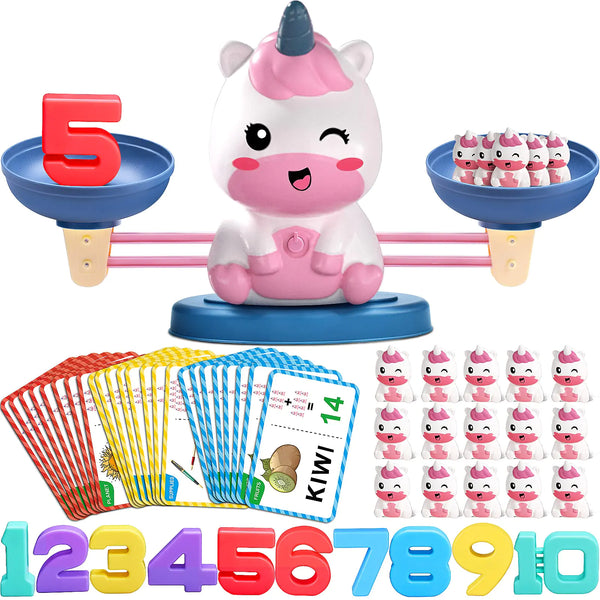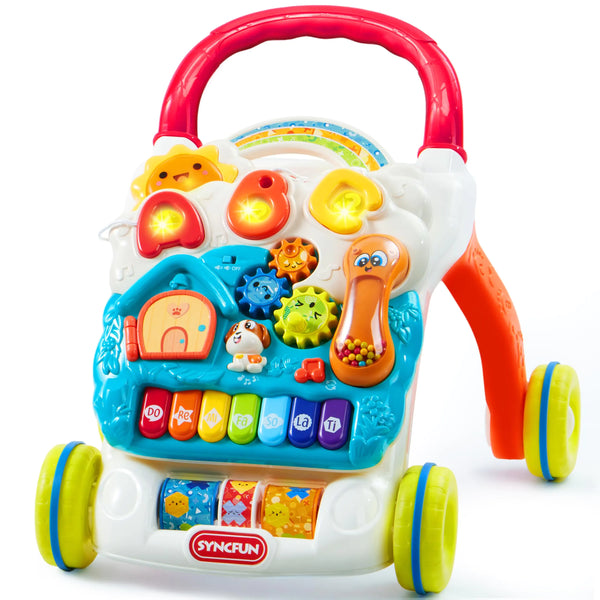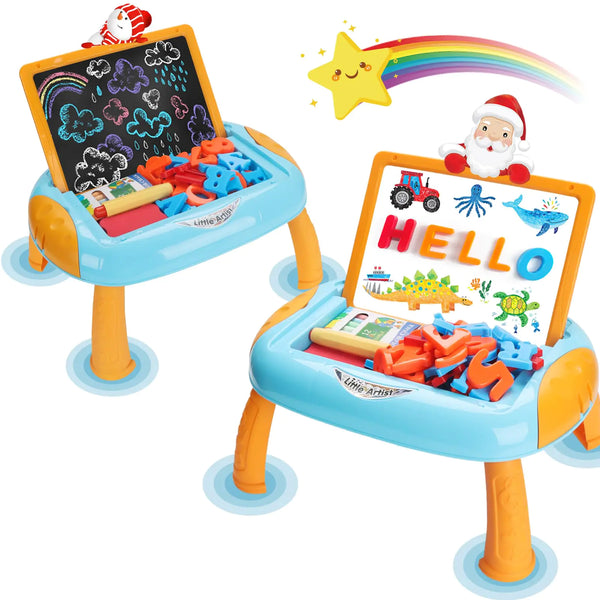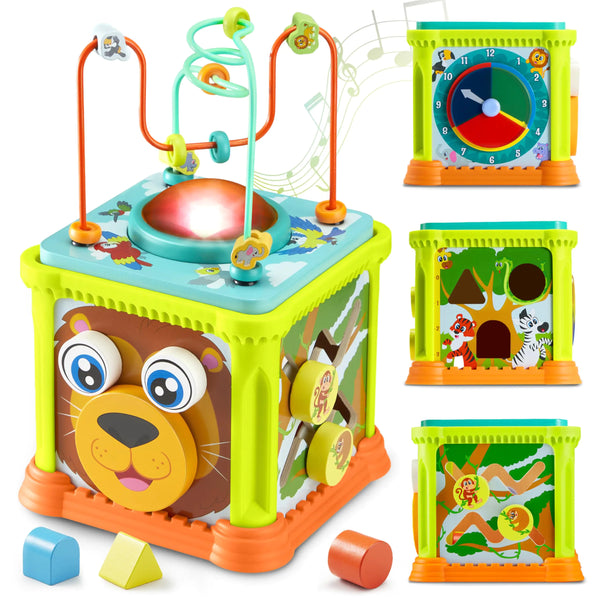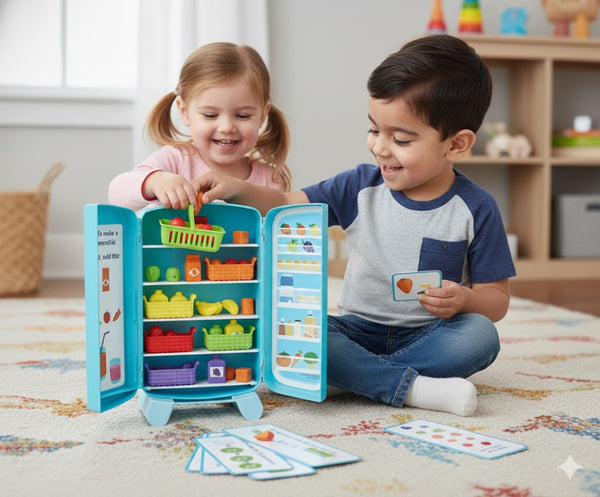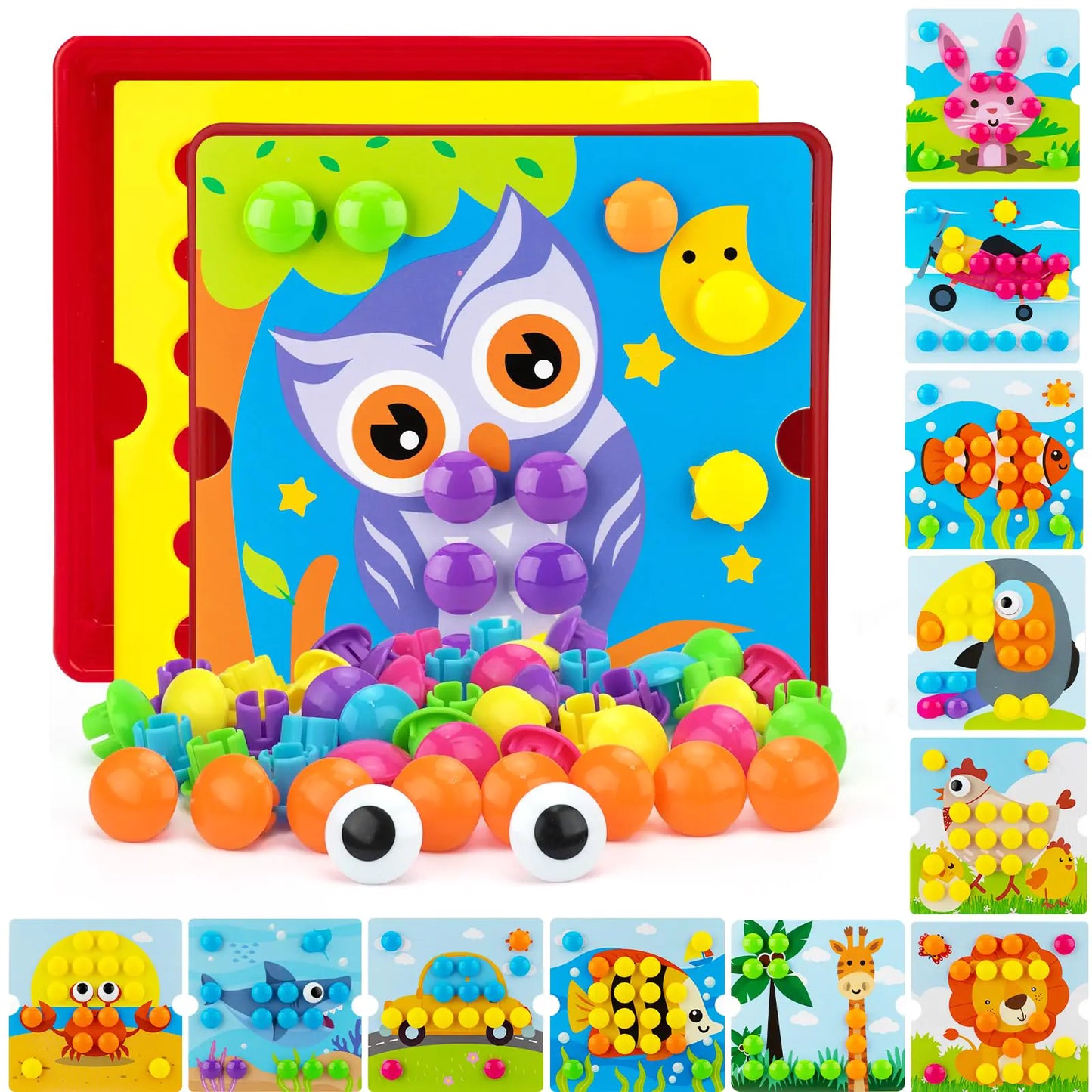Math learning games are revolutionizing the way children engage with mathematics. These interactive tools not only make learning fun but also enhance cognitive abilities, problem-solving skills, and overall academic performance. In this article, we will explore the benefits of math learning games, how to incorporate them into daily routines, and the future of this innovative educational approach.
Key Takeaways
- Math learning games make learning fun and engaging for children.
- These games enhance cognitive abilities and problem-solving skills.
- Incorporating math games into daily routines can boost academic performance.
- Technology plays a crucial role in the development and accessibility of math learning games.
- Math learning games offer social benefits, including teamwork and healthy competition.
Why Math Learning Games for Kids Are a Game-Changer

The Science Behind Math Games
When it comes to learning, kids need more than just textbooks and lectures. Math learning games tap into the natural curiosity and playfulness of children, making learning feel like an adventure. Research shows that interactive play can significantly enhance cognitive development, especially in areas like problem-solving and logical thinking.
How Kids Benefit from Math Games
Math games offer a multitude of benefits for kids. They help improve critical thinking skills, boost memory, and even enhance social skills through cooperative play. Plus, they make math fun and engaging, which can be a game-changer for kids who might otherwise struggle with traditional methods.
Real-Life Success Stories
I've seen firsthand how math learning games can transform a child's attitude towards math. One parent shared how their child went from dreading math homework to eagerly looking forward to game time. Another success story involved a child who improved their math grades significantly after incorporating math games into their daily routine.
Math learning games are not just educational tools; they are bridges to a world where learning and fun coexist seamlessly.
Top Math Learning Games for Different Age Groups

When it comes to boosting brainpower, math learning games are a fantastic tool for kids of all ages. These games not only make learning fun but also help children develop critical thinking and problem-solving skills. Let's dive into some of the best math learning games for different age groups.
Best Games for Preschoolers
For the little ones, it's all about making learning fun and engaging. Games like "Count and Match" and "Shape Sorter" are perfect for preschoolers. These games use colorful visuals and simple tasks to introduce basic math concepts. Starting early with math games can set a strong foundation for future learning.
Top Picks for Elementary School Kids
Elementary school kids can benefit from more structured games that challenge their growing skills. "Prodigy Math Game" and "Kahoot!" are excellent choices. These games combine adventure and learning, making math practice something kids look forward to. Interactive gaming can significantly enhance their learning experience.
Challenging Games for Tweens
As kids grow older, they need more challenging games to keep them engaged. "Sudoku" and "Math Dice" are great options for tweens. These games focus on strategic thinking and problem-solving, helping kids master more complex math concepts. Innovative educational video games enhance learning in the classroom.
How to Incorporate Math Learning Games into Daily Routine

Incorporating math learning games into your child's daily routine can be a fun and effective way to boost their brainpower. Here are some tips to get you started.
Morning Math Fun
Start the day with a quick math game to get those brain cells firing. Even just 10-15 minutes can make a big difference. You can use innovative strategies for using toys as educational tools to make math accessible and fun for young learners.
Math Games as Homework Helpers
Use math games as a way to break up homework time. They can serve as a brain break and help refresh your child's mind. This can make the overall homework experience more enjoyable and less stressful.
Bedtime Brain Boosters
Wind down the day with a calming math game. This can be a great way to reinforce what they've learned throughout the day and make math a part of their bedtime routine. It's a subtle way to incorporate everyday items and activities for engaging math lessons.
Incorporating math games into daily routines not only makes learning fun but also helps in building a positive attitude towards mathematics.
DIY Math Learning Games You Can Make at Home

Creating your own math learning games at home can be a fun and rewarding experience. Not only does it allow you to customize the learning experience to fit your child's needs, but it also provides a great opportunity for some quality family time. Maximizing learning at home has never been easier or more enjoyable!
The Role of Technology in Math Learning Games

In today's digital age, there are countless apps designed to make math fun and engaging for kids. These apps often feature interactive gameplay and colorful graphics that capture children's attention. They provide a platform where kids can practice math skills in a game-like environment, making learning feel less like a chore and more like an adventure. Some popular apps include Math Playground, Cool Math Games, and Math Game Time. These apps are especially useful for homeschooling and distance learning, offering a convenient way to keep kids' math skills sharp.
Online platforms offer a wide variety of math games that cater to different age groups and skill levels. Websites like Math Playground and Cool Math Games provide a plethora of options, from basic arithmetic to more complex problem-solving games. These platforms often include leaderboards and rewards, which can motivate kids to improve their skills. The interactive nature of these games helps to keep kids engaged and makes learning math a more enjoyable experience.
Virtual Reality (VR) is an emerging trend in the field of educational games. VR can create immersive learning environments where kids can interact with mathematical concepts in a 3D space. This technology can make abstract concepts more concrete, helping kids to better understand and retain information. While still in its early stages, VR has the potential to revolutionize the way kids learn math, making it more interactive and engaging than ever before.
Technology has transformed the way we approach math education, making it more interactive and engaging for kids. With the right tools, learning math can be a fun and rewarding experience.
How to Choose the Right Math Learning Game for Your Child

Understanding Your Child's Learning Style
When it comes to picking the perfect math learning game, understanding your child's learning style is crucial. Some kids are visual learners and benefit from games with lots of graphics and animations. Others might be more hands-on and enjoy interactive, tactile games. Knowing how your child learns best can make a huge difference in their engagement and success.
Balancing Fun and Education
It's important to find a balance between fun and educational value. While some games might be highly entertaining, they may not offer much in terms of learning. On the other hand, overly educational games can sometimes feel like a chore. Look for games that strike a balance, offering both enjoyment and educational content. This way, your child will be more likely to stick with it and actually learn something.
Reading Reviews and Recommendations
Before making a purchase, take some time to read reviews and recommendations. Other parents often share their experiences and can provide valuable insights into what works and what doesn't. Online reviews can help you avoid games that are poorly designed or not age-appropriate. Additionally, recommendations from teachers or educational experts can guide you toward high-quality options.
Choosing the right math learning game can set your child on a path to success, making learning both fun and effective.
The Social Benefits of Math Learning Games

Math learning games are fantastic for building teamwork skills. When kids play these games together, they learn to collaborate, share ideas, and solve problems as a team. This not only helps them academically but also prepares them for real-world situations where teamwork is essential.
Healthy competition is another great benefit of math learning games. Kids get to challenge each other in a fun and engaging way, which can motivate them to improve their skills. This kind of competition fosters a growth mindset, encouraging kids to see challenges as opportunities to learn and grow.
Playing math games can also be a social activity where kids make new friends. Whether it's through online platforms or in-person game sessions, these games provide a common ground for kids to connect and build friendships. Social interaction is a key component of emotional and social development, and math games offer a fun way to achieve this.
Math learning games are not just educational; they are a gateway to building essential social skills that will benefit kids throughout their lives.
Math Learning Games for Kids with Special Needs

When it comes to math learning games for kids with special needs, it's all about finding the right fit. These games can be a fantastic way to make learning fun and engaging, especially for children who might struggle with traditional methods. Adapting games for different abilities ensures that every child can participate and benefit from the educational content. Whether it's through visual aids, simplified instructions, or interactive elements, there's a way to tailor these games to meet each child's unique needs.
Combining Math Learning Games with Traditional Education

Blending Games with Classroom Learning
Incorporating math learning games into the classroom can be a fantastic way to make learning more engaging for kids. These games can be used to reinforce concepts taught in class, providing a fun and interactive way for students to practice what they've learned. Cool math games have grown in popularity in recent years, enthralling both children and adults. They perfectly integrate entertaining gameplay with mathematical difficulties, combining enjoyment and instruction. This dynamic technique keeps users engaged and motivated as the mathematical assignments get more complicated.
Teacher Tips for Using Games
Teachers can use math learning games as a tool to differentiate instruction, catering to the diverse needs of their students. By incorporating games into lessons, teachers can provide additional practice for students who need it, while also offering enrichment opportunities for those who are ready to move ahead. Here are some tips for teachers:
- Dedicate time for playing math games: Set aside dedicated time for playing them, even if it’s just 10–15 minutes per day.
- Involve family and friends: Encourage students to involve family members or friends to make it a social activity and foster healthy competition.
- Use them to refresh your mind: Use them as a brain break during study sessions or work hours to refresh your mind.
- Use them as rewards or for competition: Motivate students by using games as rewards or for friendly competitions.
Case Studies from Schools
Many schools have successfully integrated math learning games into their curriculum with positive results. For example, one school reported that students who regularly played math games showed significant improvement in their math scores. Another school found that these games helped to build teamwork skills and encouraged healthy competition among students. These real-life success stories highlight the potential of math learning games to enhance traditional education methods.
Combining math learning games with traditional education methods can unleash creativity and enhance critical thinking and problem-solving skills in kids.
The Future of Math Learning Games

Emerging Trends
The future of math learning games is incredibly exciting! We're seeing a surge in innovative approaches that blend education with entertainment. From adaptive learning algorithms that tailor challenges to each child's skill level to multiplayer modes that encourage teamwork, the possibilities are endless. These trends are making math more accessible and fun for kids of all ages.
Innovative Game Designs
Game designers are constantly pushing the envelope to create more engaging and effective math learning experiences. Imagine games that use augmented reality to bring math problems to life or puzzles that require kids to use math to solve real-world problems. These innovative designs not only make learning fun but also help kids see the practical applications of math in everyday life.
What Experts Are Saying
Experts agree that the integration of technology in math learning games is a game-changer. They highlight the benefits of interactive and adaptive learning environments that keep kids engaged and motivated. According to recent studies, kids who regularly play math learning games show significant improvement in their problem-solving skills and overall math proficiency.
The future of math learning games is bright, with endless possibilities for making math both fun and educational. As technology continues to evolve, so too will the ways we can help our kids boost their brainpower through engaging and interactive math games.
How to Measure Progress with Math Learning Games

Setting Goals and Milestones
When it comes to tracking your child's progress with math learning games, setting clear goals and milestones is crucial. Start by identifying specific skills or concepts you want your child to master. Break these down into smaller, manageable milestones. This way, you can celebrate each achievement along the way, keeping your child motivated and engaged.
Tracking Improvement
To effectively track improvement, consider keeping a journal or using an app that logs your child's progress. Note the time spent on each game, the levels completed, and any areas where your child excels or struggles. Regularly reviewing this data will help you identify patterns and adjust your approach as needed.
Celebrating Achievements
Don't forget to celebrate your child's achievements, no matter how small they may seem. Positive reinforcement can go a long way in building confidence and encouraging a love for learning. Whether it's a special treat, extra playtime, or simply verbal praise, make sure your child knows their efforts are appreciated.
Consistent tracking and celebrating milestones can turn math learning into a fun and rewarding experience for both you and your child.
Tracking your child's progress in math can be both fun and effective with our engaging math learning games. These games are designed to enhance mathematical skills while keeping your child entertained. Visit our website to explore our wide range of educational toys and games that make learning an adventure!
Conclusion
In a nutshell, math learning games are a fantastic way to boost your child's brainpower while keeping them entertained. These games not only make learning fun but also help improve problem-solving skills, logical reasoning, and overall cognitive function. Plus, they can turn math from a dreaded subject into something your kids look forward to. So, why not give these games a try? Your child's brain will thank you for it!
Frequently Asked Questions
What are math learning games for kids?
Math learning games for kids are interactive and engaging activities designed to teach mathematical concepts and skills through play. They can be digital apps, board games, or DIY activities that make learning math fun and enjoyable.
How do math learning games benefit children?
Math learning games benefit children by enhancing their problem-solving skills, logical reasoning, and cognitive flexibility. They also help in reducing math anxiety and fostering a positive attitude towards mathematics.
At what age can children start playing math learning games?
Children can start playing math learning games as early as preschool. There are age-appropriate games designed for different developmental stages, from simple counting games for toddlers to more complex puzzles for tweens.
Can math learning games be used as a homework helper?
Yes, math learning games can be used as a homework helper. They provide a fun and interactive way for children to practice and reinforce the concepts they learn in school, making homework time more enjoyable and productive.
Are there any DIY math learning games I can make at home?
Absolutely! There are many DIY math learning games that you can create at home using simple materials like cards, dice, and everyday household items. These games can be customized to suit your child's learning needs and interests.
How do I choose the right math learning game for my child?
To choose the right math learning game for your child, consider their age, learning style, and interests. Look for games that balance fun and education, and read reviews and recommendations to ensure the game is effective and engaging.
Can math learning games help children with special needs?
Yes, math learning games can be adapted to help children with special needs. Many games are designed to be inclusive and can be modified to suit different abilities, providing a supportive and engaging learning environment.
What is the role of technology in math learning games?
Technology plays a significant role in math learning games by providing interactive and immersive experiences. Apps, online platforms, and virtual reality can make math learning more engaging and accessible for children.



